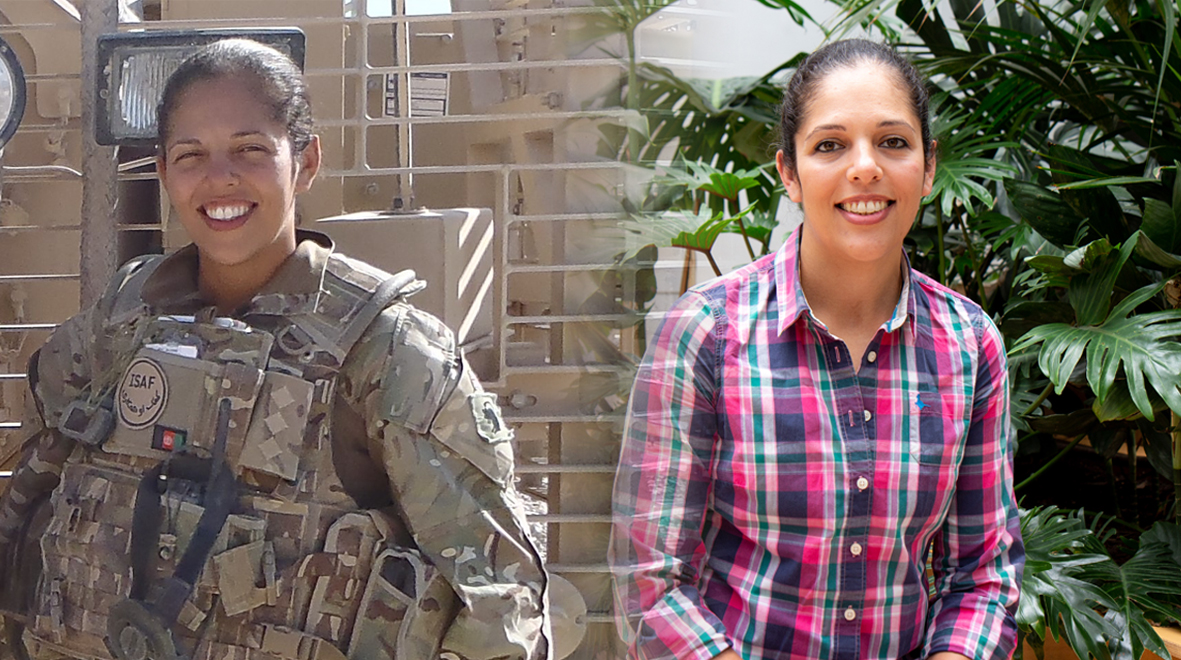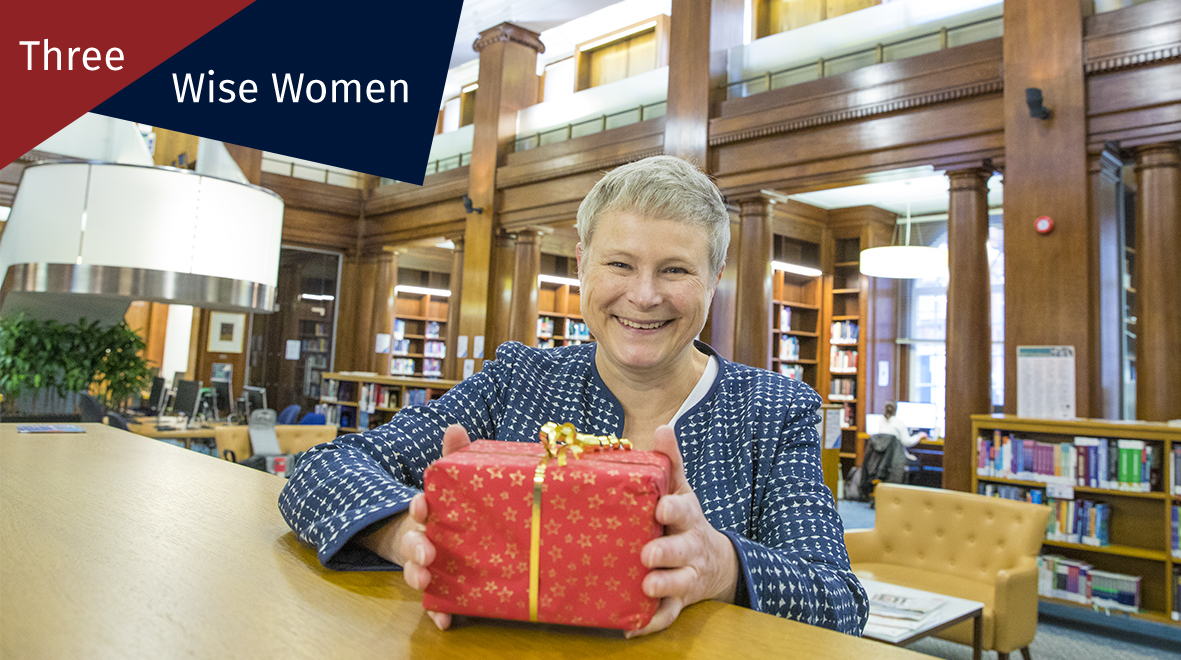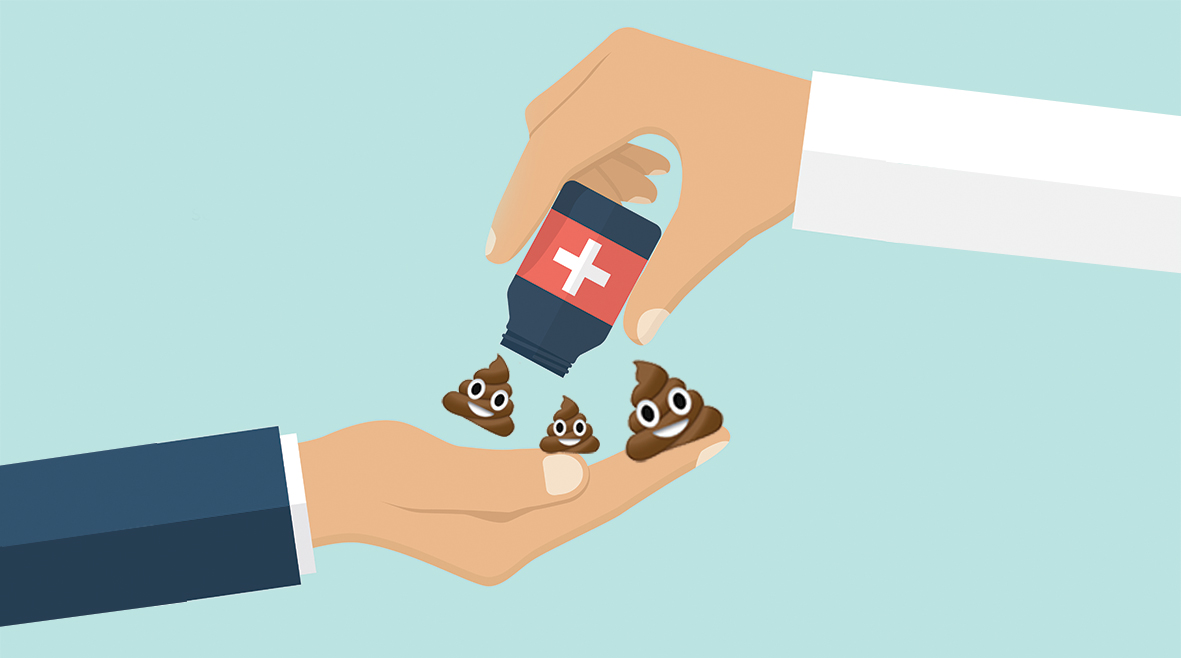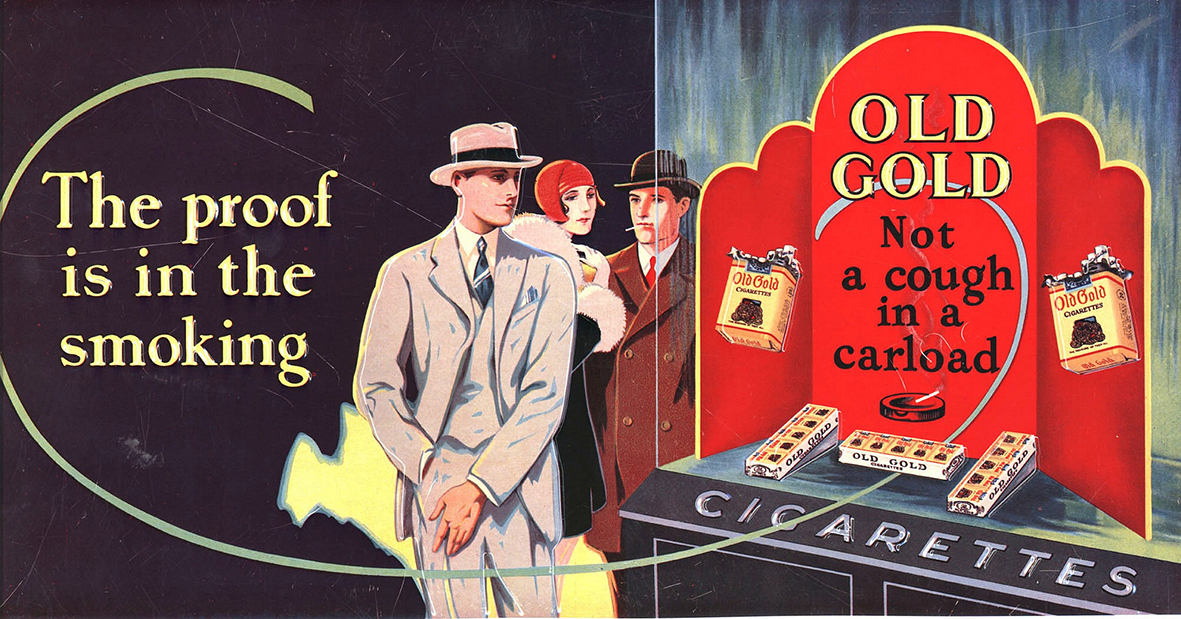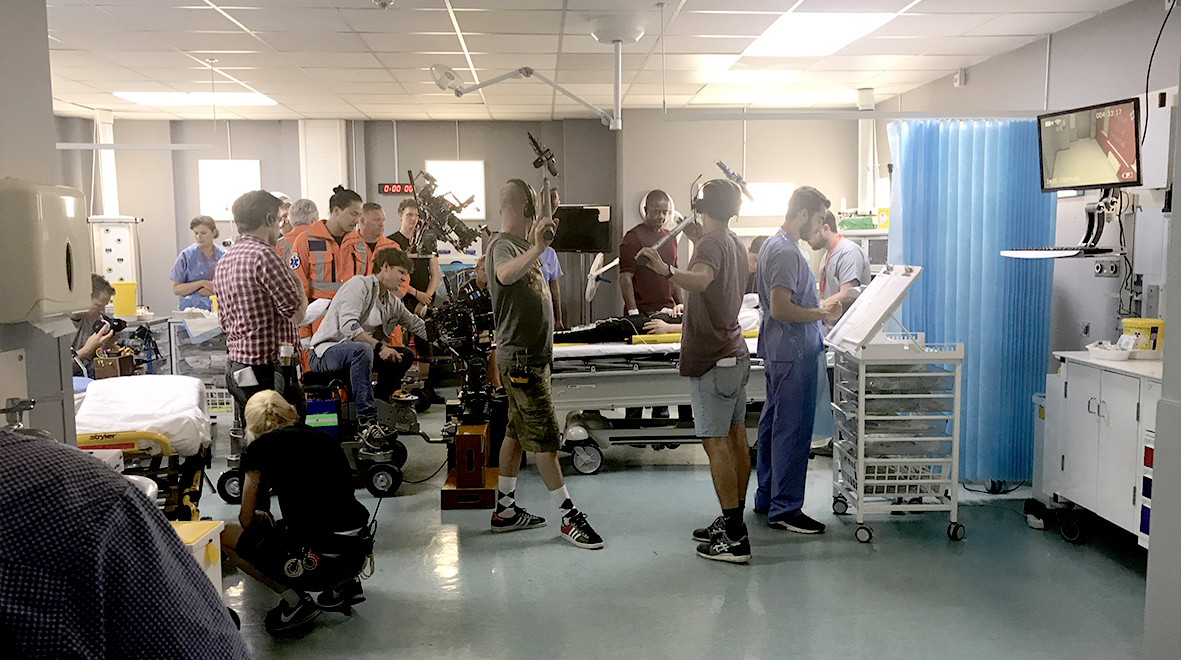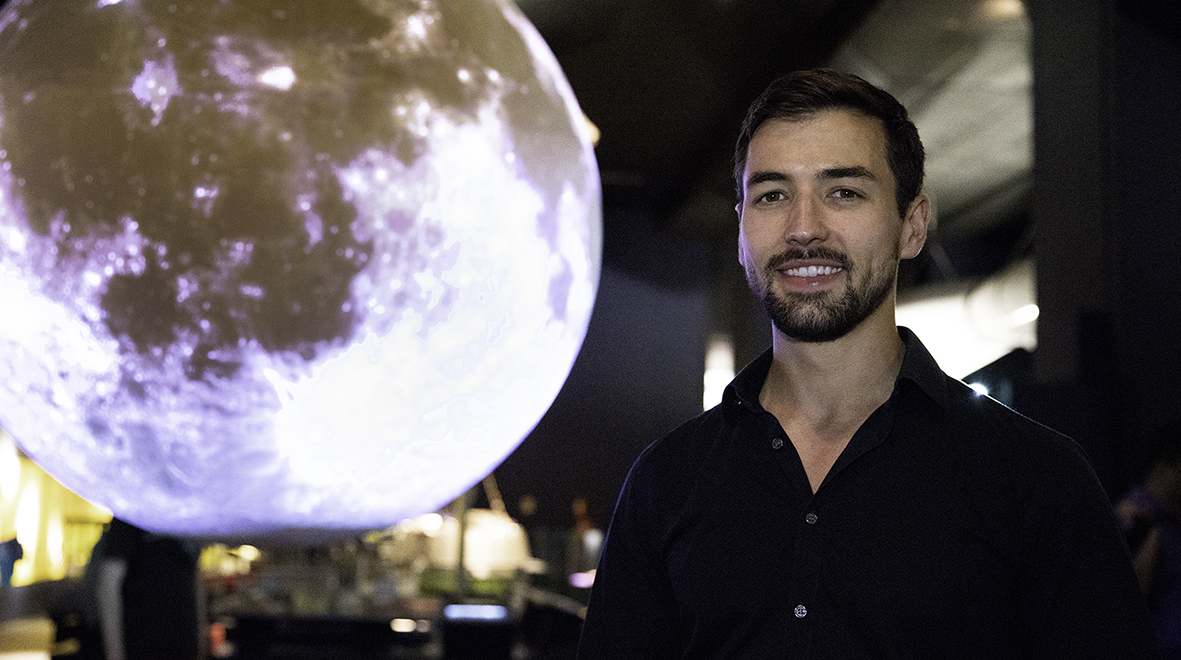
50 years on from the historic Apollo Moon landings, the race to Mars is on. With this in mind, Dr Matthieu Komorowski is examining how to provide medical care during long-flight space missions.
“The extension of life beyond Earth is the single most important thing we can do as a species” once said Elon Musk, the CEO of SpaceX.
Many other eminent minds have expressed a similar vision, including Stephen Hawking, Carl Sagan, Konstantin Tsiolkovsky, Buzz Aldrin and so on. They all argue that there are too many risks that can befall life on a single planet. As nicely put by Robert Heinlein: “The Earth is just too small and fragile a basket for the human race to keep all its eggs in.”
Could we possibly support such a bold idea ourselves? Is it more important to colonise Mars than to: improve our earthly existence, achieve equality and peace for all humans, protect our delicate environment, or cure diseases and world hunger? The argument is that these endeavours, as charitable as they are, all become meaningless if the following day life is wiped out from the face of the planet by a giant asteroid or a superbug. The long-term vision of space colonisation spans way beyond the blink of our existence and space advocates insist that in the long run, there are only two possible avenues: expansion into space or extinction! (more…)
